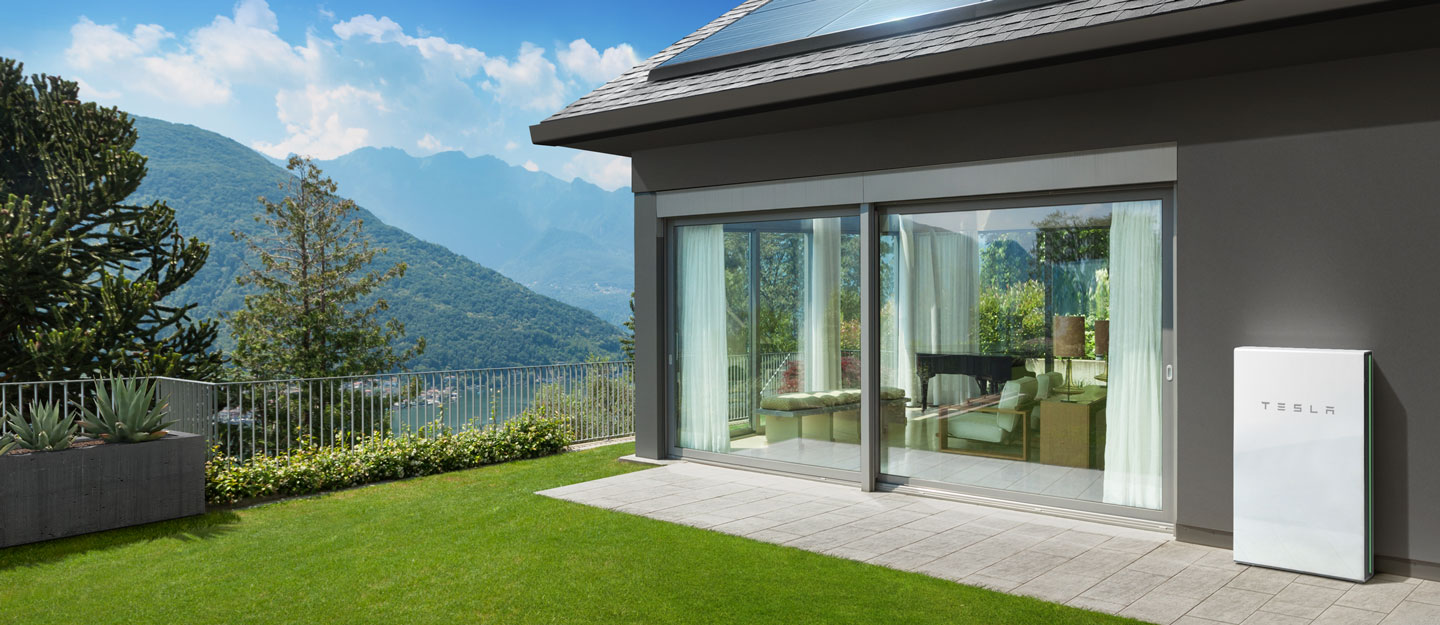
Victoria’s comprehensive ~AU$800 million home energy package may lead to a potential market for Tesla’s HVAC system in Australia. Elon Musk has shown particular interest in Tesla developing an integrated home HVAC system, mentioning the product as far back as his initial appearance at the Joe Rogan Experience podcast in 2018. Victoria may have just made an investment that could provide a potential market for Tesla’s integrated HVAC system.
Recently, Energy minister Lily D’Ambrosio announced that the Andrews Ministry will invest approximately AU$797 million in a home energy savings package. The initiative means to encourage the shift to more smart energy efficient appliances and integrated home systems in households, rental properties, and businesses in Victoria.
Some parts of the initiative could make Victoria a good market for Tesla’s integrated HVAC system in the future. According to Renew Economy, the Ministry plans to invest AU$335 million to help low income earners replace old wood and electric or gas-fired heaters in their homes. The small renovation could save over 250,000 households AU$300 to AU$900 in their power bills. Another AU$112 million will be invested to seal windows/doors, as well as upgrade heating/cooling systems, and hot water systems in 35,000 social housing properties.
In the Q2 earnings call, Tesla’s Senior VP of Powertrain and Energy Engineering and Technology Drew Baglino said the company learned to build a tightly integrated system thanks to the Model Y and Model 3 heat pump. He said that the system was capable of moving heat “anywhere really” and it was applicable to heating and cooling needs in a home.
Elon Musk elaborated on the subject. “Yes. Absolutely. I think like the heat—for heat pump in the car, being able to use the batteries both as a thermal and an electric energy reservoir is very significant. Same thing could be applied to a home with the water heater, and the back of pack itself, of course.
“So I think there’s potential for an integrated home system that kind of does power generation/storage, heating/cooling, air filtration, water purification in a really tight package. We don’t actually have like a prototype or anything, but I think conceptually, that is something that would be probably good to have,” he said.
Other Opportunities for Tesla in Victoria
As Musk mentioned during the Q2 earnings call, Tesla doesn’t have a prototype of its potential integrated home HVAC system yet. So it may be a while before Tesla can take advantage of the market Victoria could offer for that particular product.
However, there are other ways Tesla could benefit from Victoria’s almost ~AU$800M home energy initiative.
Besides the millions on improving home integrated systems, the Victorian government’s investments could encourage more households and small businesses to install solar panels and use home batteries like Tesla’s Powerwall 2.
Part of the initiative includes investing $191 million to a Solar Homes Program over the next two years. It will offer 42,000 rebates to help over 140,000 households install solar panels on their roofs with no upfront costs. There will also be 15,000 rebates open to small businesses interested in installing solar panels.
Tesla’s solar panels might be a good fit for Victoria’s Solar Homes Program. The company’s Solar Roof V3 product has not been released in Australia yet, but it might be another good option for homeowners as well, if it is covered by the program’s rebates.
Tesla’s Powerwall sales could also improve under Victoria’s energy initiative. The local government will be releasing 17,500 rebates to install home batteries over the next three years. Previously, home battery rebates were restricted to certain post codes, but the initiative seems to open up the rebates to all corners of Victoria.
With that in mind, Powerwalls could lead to pockets of virtual power plants in the state. Virtual power plants in Victoria would compliment Neoen and Tesla’s massive 300 MW/450MWh energy storage project in the state which will be operational by around Summer 2021-2022.





